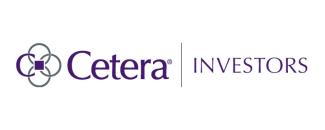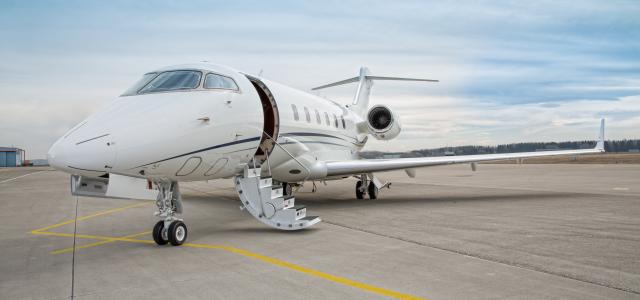
Opportunities In A Down Market
Each stage in a market cycle usually provides opportunities if we know where to look. The opportunity for an increased account value in a raging bull market is fairly straight forward. The opportunity to buy more shares at a lower price during a down-turn can also be obvious if you can stomach it. A financial planning strategy that may be overlooked when the down-turn hits is an opportunity to change the tax-status of some of your retirement funds. Yes, I’m talking about the Roth conversion.
For pilots who have, or will have, a substantial balance of pre-tax dollars in their retirement accounts and who earn more than the allowable threshold to contribute directly to a Roth IRA, the Roth conversion presents an opportunity to change the tax designation on your pre-tax investments to after tax. This means that you will pay taxes on the amount you convert now, but you will not pay any taxes on the future growth of the account if you follow certain rules. In addition to the Roth IRA conversion, many 401ks are beginning to offer the in-plan conversion feature.
Timing is everything. Pilots should ask themselves a few questions before pulling the trigger. Two of the most important questions are: when should I convert and how much should I convert? In the absence of a market down-turn that presents a fresh opportunity, I like to tackle the Roth conversion questions in the fourth quarter. This allows pilots to assess most of their annual income and to determine how much space they have in the current tax bracket for a Roth conversion. As for how much a pilot should convert, that is going to depend on several factors. Two factors that help us answer this question are 1) the amount of tax you will pay on the conversion and 2) the amount of free cash you have available to pay the tax.
I usually caution high earning pilots with large pre-tax balances against hastily converting the entire amount in favor of a measured approach that would see strategic conversions over several tax years.
Pilots will also want to carefully consider their tax circumstances and the impact that a conversion will have. Here are additional questions that should be answered before doing a conversion:
- Why am I completing this conversion: for myself, or a tax-free inheritance for others?
- How long will the converted dollars remain in the account before I use them?
- What rate of return do I expect to earn on the converted dollars?
- How will I pay the taxes on the Roth conversion?
- Will this conversion push me into a higher tax bracket?
- If I’m two years from retirement (or in retirement), will this conversion impact my Medicare premiums?
When it comes to financial planning and investment management, opportunities usually abound in most market cycles if you know where to look. Analysis of your circumstances will determine how and if you should take advantage of them.
To discuss your situation, schedule an appointment today.
Disclosure: Converting from a traditional IRA to a Roth IRA is a taxable event. A Roth IRA offers tax free withdrawals on taxable contributions.
To qualify for the tax-free and penalty-free withdrawal or earnings, a Roth IRA must be in place for at least five tax years, and the distribution must take place after age 59 ½ or due to death, disability, or a first time home purchase (up to a $10,000 lifetime maximum). Depending on state law, Roth IRA distributions may be subject to state taxes.
**For a comprehensive review of your personal situation always consult with a tax or legal Advisor. Neither Cetera Investment Services, nor any of its representatives may give legal or tax advice.

